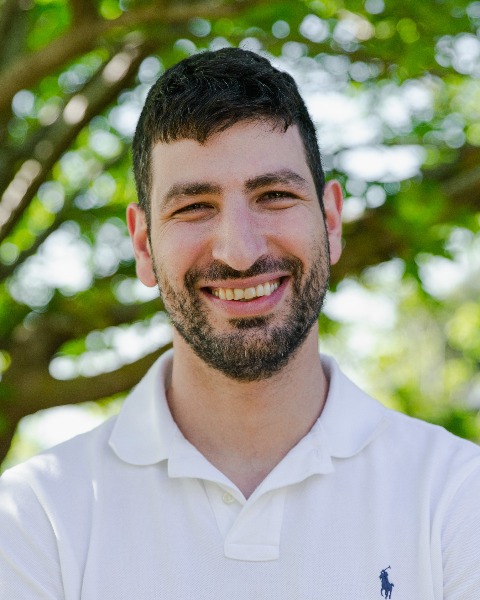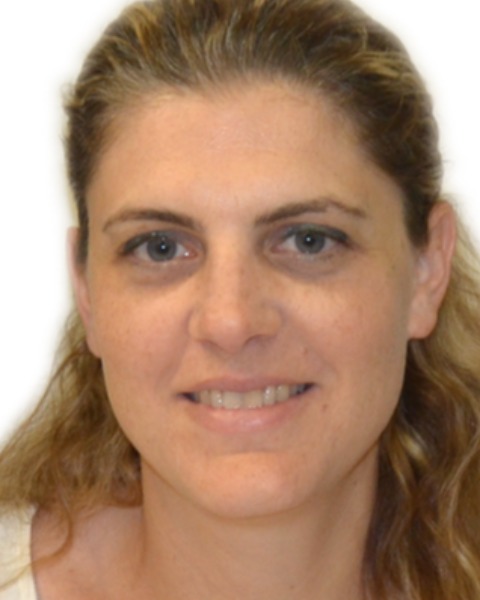Oral Plenary Session II
Oral Plenary Sessions
Livestreamed
10 - Continuous vs. interrupted subcutaneous suturing following cesarean section: A randomized controlled trial
Study Design:
This is a randomized controlled trial, conducted in a single tertiary medical center between January 2020 and July 2022. Women undergoing elective CD, with a subcutaneous tissue layer of >2 cm were eligible for recruitment. In alignment with the ERAS guideline, patients were randomized to either 2-0 vicryl, continuous subcutaneous tissue closure (c-STC) or interrupted 2-0 vicryl subcutaneous tissue closure (i-STC). Absorbable clips were used for skin. The primary outcome was reported surgical site infection (SSI) within the first 30 days after birth. Secondary outcomes included re-admission rate within 6 weeks postpartum due to SSI, postoperative febrile morbidity, antibiotic use for SSI, CD-to-SSI time interval, rate of bacteremia/sepsis, post-op duration of hospitalization and pain assessed using a visual analogue scale. Sample size was calculated based on a retrospective study performed at our center that showed a 40% difference in rates of SSI between continuous and interrupted subcutaneous tissue closure. To decrease rates of SSI by 40% we calculated we would require 600 patients in each group.
Results: The final analysis included 1238 women of whom 607 patients in the c-STC group and 631 patients in the i-STC group. There were no differences in baseline medical and obstetric parameters (table 1). The rate of SSI was significantly lower following i-STC compared to c-STC (2.4% vs. 3.8%, P=0.038). Accordingly, secondary outcomes including re-admission rates (0.8% vs. 1.5%, P=0.014), post-operative febrile morbidity (3% vs. 4.3%, P=0.029), and need for antibiotic treatment (2.7% vs. 4.1%, P=0.041) were significantly lower following i-STC. There were no additional significant differences between the outcomes of both groups (table 2).
Conclusion:
Our findings suggest that interrupted subcutaneous suturing technique during CD yields a lower rate of surgical site infections and related outcomes compared to subcutaneous continuous suturing.

Roy Lauterbach, MD
Department of Obstetrics and Gynecology, Mount Sinai Hospital, Toronto, Canada
Toronto, Ontario, Canada
Naphtali Justman, MD, MPH
Rambam Health Care Campus
Haifa, Israel, Israel- AH
Areen Hajaj, MD
Rambam Health Care Campus
Haifa, Hefa, Israel - DB
Dikla Ben Zvi, MD
Rambam Medical Center
Haifa, Hefa, Israel 
Yoav Siegler, BSc, MD
Rambam Health Care Campus
Haifa, Israel, Israel.jpg)
Naama Farago, MD (she/her/hers)
Rambam Medical Health Campus
Haifa, Israel- NG
Nadier GHANIM, MD
Rambam Health Care Campus
Haifa, Israel, Israel 
Dana Vitner, MD
Rambam Health Care Campus
- ZW
Zeev Weiner, MD
Rambam Health Care Campus
Haifa, Israel, Israel 
Yuval Ginsberg, MD (he/him/his)
Deputy Ob/Gyn department
Rambam Medical Health Campus
Haifa, Israel

.png)
